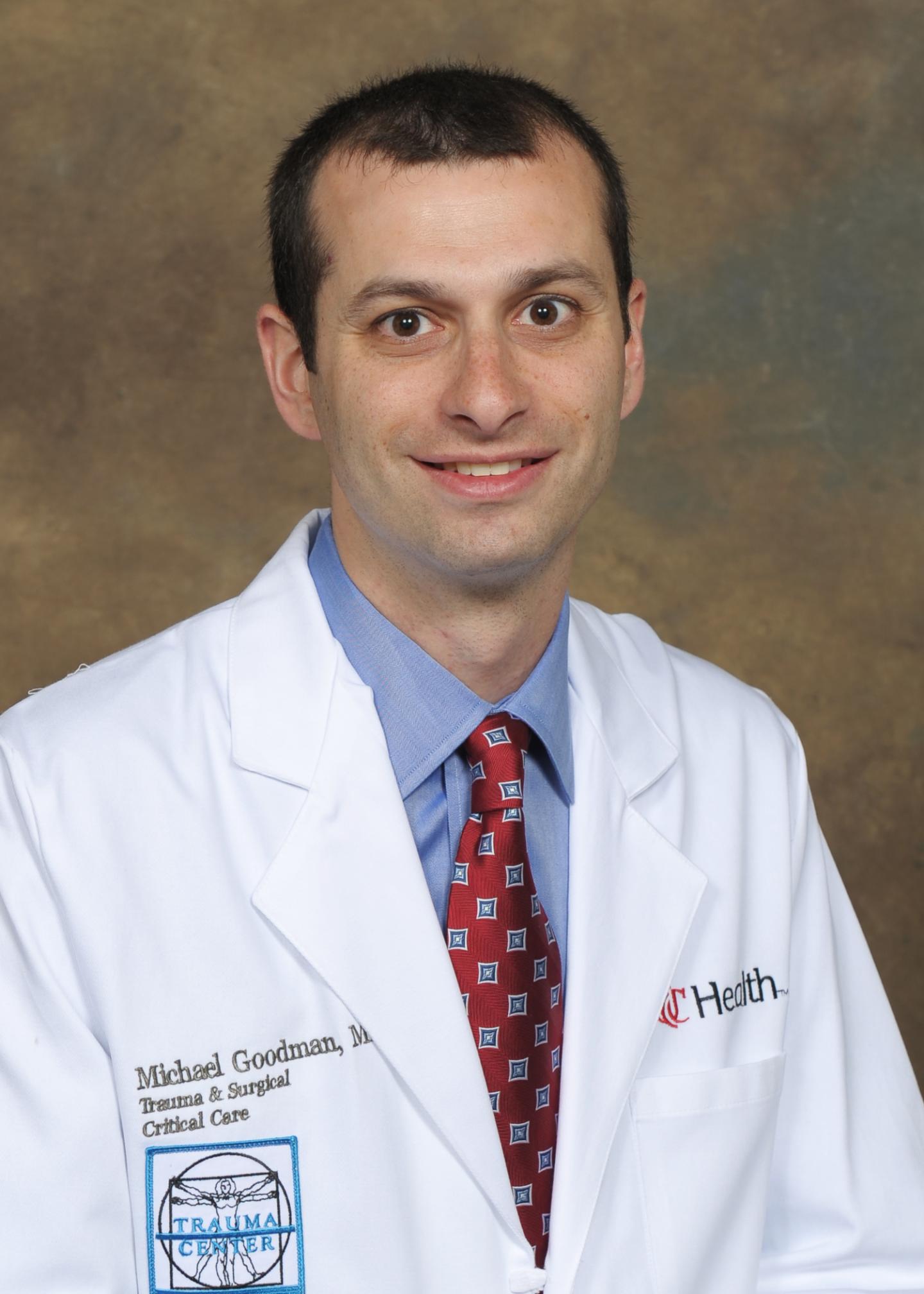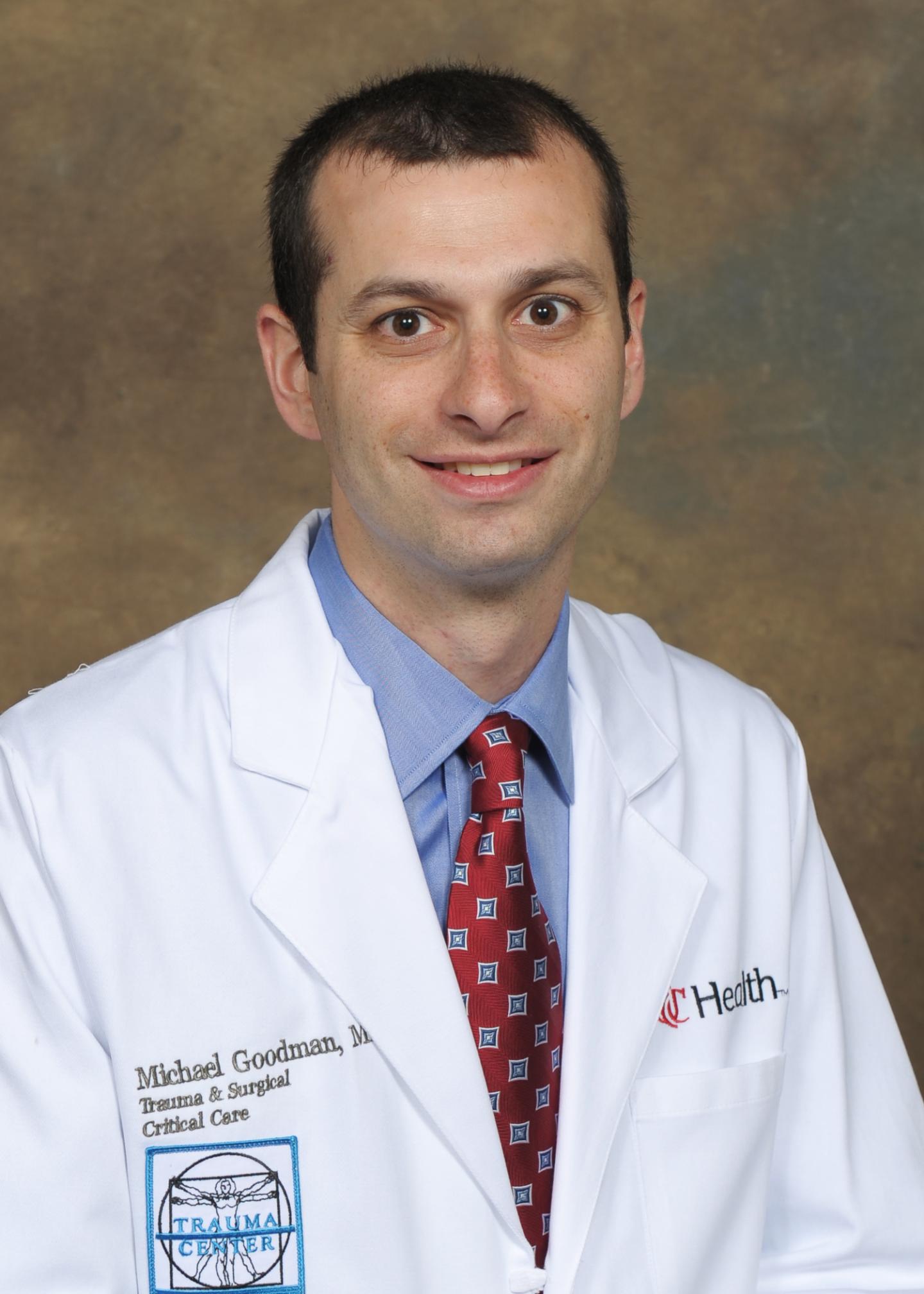
Credit: University of Cincinnati
CINCINNATI–A $1.5 million, five-year federal grant will allow a University of Cincinnati (UC) research team to study the microparticles that cause ongoing changes in the blood clotting mechanism following traumatic brain injury, in the hopes of developing therapies to better prevent and treat post-injury blood clots.
In victims of traumatic brain injury (TBI), parts of platelets can break off to form microparticles that are associated with an increased risk of blood clotting. Using blood samples from animal models, the study will examine the connection between sphingolipids, a lipid found in cell membranes, and these microparticles. Researchers hope to determine the role sphingolipids play in the formation of microparticles and the development of blood clots, and whether they can be targeted with existing or new anticoagulants.
"My hope is that this results in a multimodal approach to stop bleeding and prevent blood clots that happen in traumatic brain injury patients, and by extension other patients," said Michael Goodman, MD, assistant professor in the Department of Surgery at UC College of Medicine and a UC Health physician. "We want to zero in on when an injury causes a transition from bleeding to clotting to figure out how to prevent these clots during recovery."
Goodman's interest in TBI began with research he conducted for the U.S. Air Force, including how flight after injury affects patient outcomes. That evolved into a broader interest in blood clotting, particularly why TBI causes a special kind of platelet dysfunction that results in a higher risk for developing blood clots, including pulmonary emboli and deep vein thromboses.
The study is supported by the National Institutes of Health (NIH) under award number R01GM124156. Research Project Grant (R01) is the original and historically oldest grant mechanism used by NIH.
Goodman is one of fewer than 20 trauma surgeons in the U.S. to currently hold this level of NIH funding. The award also makes UC Medical Center one of just four Level 1 Trauma Centers in the nation to have two trauma surgeon-directed R01 studies underway simultaneously: a research team led by Timothy Pritts, MD, PhD, professor of surgery at UC College of Medicine and a UC Health physician, is examining the role of red blood cell microparticles in lung inflammation after hemorrhage under a five-year NIH R01 grant.
The award runs May 1, 2018 to April 30, 2023. Collaborators include Charles Caldwell, PhD, and Erich Gulbins, MD, PhD, both of the Department of Surgery.
###
Media Contact
Amanda Nageleisen
[email protected]
513-585-8885
@UofCincy
http://www.uc.edu/news
Original Source
https://www.healthnews.uc.edu/news/?/30027/





